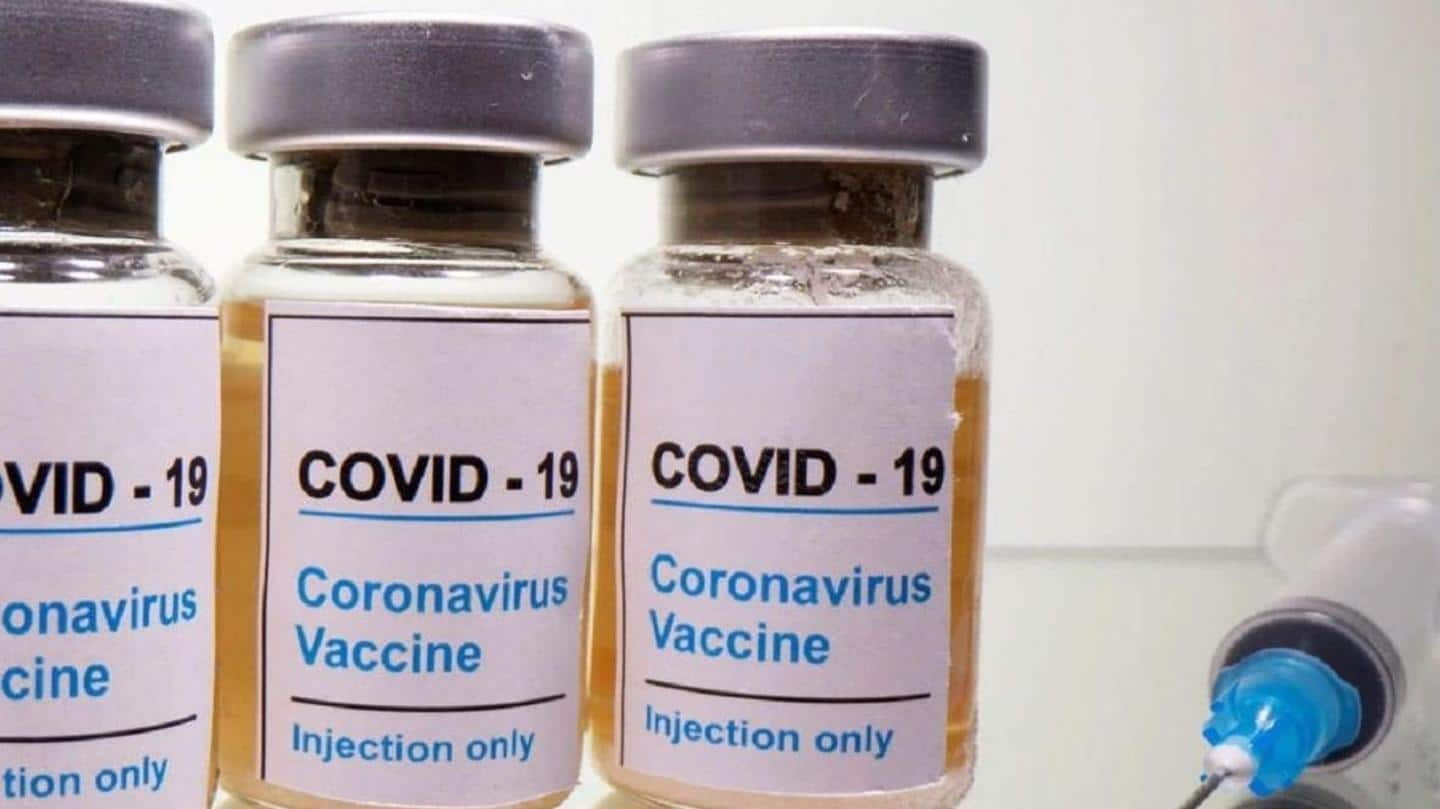
Government explores at-risk funding to expedite recombinant protein COVID-19 vaccine
What's the story
The Indian Government placing an advance order for 30 crore doses of Biological E's new COVID-19 vaccine indicates a paradigm shift in its procurement policies. The Rs. 1,500 crore investment in the two-dose Corbevax vaccine marks the government's first at-risk investment for mass immunization. The up-front payment to the Indian vaccine maker allows it to reserve vaccine inventory for the country's pressing needs.
Guaranteed delivery
Why is India making an at-risk investment in untested vaccine?
The decision is significant owing to the risk involved with funding a vaccine prior to regulatory approval. India's change in stance comes after its decision to wait for regulatory approval left it struggling for vaccines. Global manufacturers couldn't supply India because their order books were saturated with commitments to several countries such as the US and UK that made at-risk investments guaranteeing advanced orders.
Cost effective
Corbevax expected to be among cheapest vaccines available in India
The Hyderabad-based vaccine manufacturer's two-dose vaccine is expected to be among the cheapest ones available in the country, while also ensuring scalable production. The Corbevax vaccine doesn't use the whole virus but instead uses recombinant protein antigens to impart immunity. This is different from existing Indian vaccines, such as COVAXIN (inactivated viral type) and Covishield (viral vector type) that use different approaches to immunization.
Using the spike protein
Here's how the recombinant protein vaccine works against SARS-COV-2
This recombinant protein vaccine uses antigens to teach the body to defend against the SARS-COV-2 virus by the means of inert virus-like particles (VLPs). Corbevax uses spike proteins on the surface of the virus to generate its VLPs. A spike protein acts like a key allowing the virus to latch onto the ACE2 cellular receptors found in all the vital organs affected by COVID-19.
Virus-like particles
Corbevax introduces cloned spike proteins to generate immune response
Corbevax uses these virus-like particles (VLPs) to safely generate an immune response to the virus. These VLPs are non-infectious since they lack the genetic material that allows the virus to replicate inside cells. While other vaccines use similar methods wherein they provide human cells with instructions to create spike proteins, Corbevax introduces cloned versions of the same into cells to generate an immune response.
Quick turnaround
Vaccine maker promises to deliver 7.5 crore doses by September
The gene sequencing required to make a viable clone of the SARS-COV-2's spike protein was conducted by researchers at the Baylor College of Medicine (BCM) in Houston, Texas. Biological E partnered with BCM in August 2020 to create a vaccine candidate based on their spike protein research. Of the 30-crore dose advance, the firm promised to deliver at least 7.5 crore doses by September.